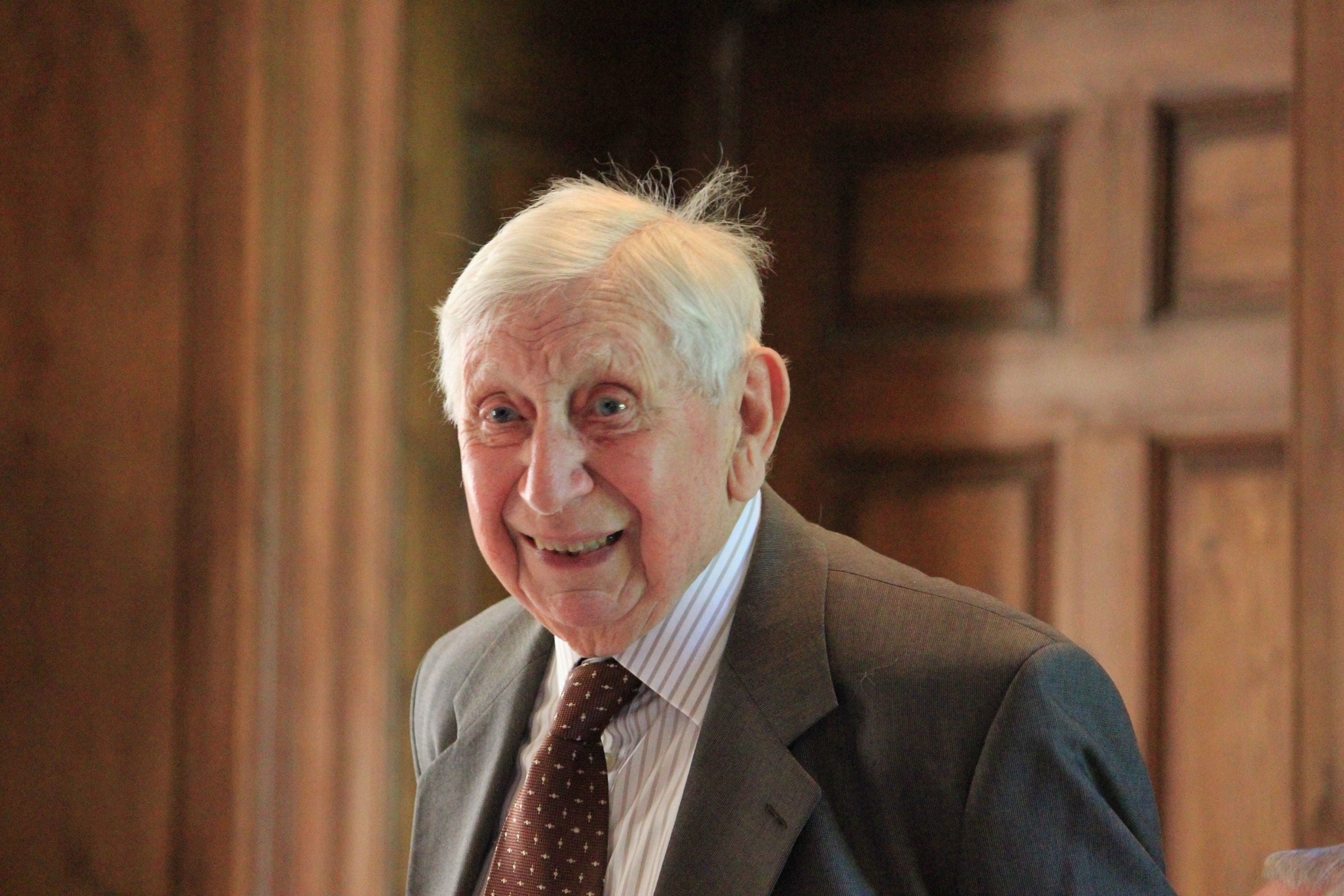Seminal mobile phone scientist Ken Cattermole who turned analogue waves into digital signals dies aged 98
His 1969 book became a reference text for turning analogue signals into digital formats

Professor Ken Cattermole, whose research supported the development of the mobile phone and computers, has died.
The professor, from East Bergholt in Suffolk, worked for many years at the University of Essex and helped launch its telecommunications programme. He died peacefully, aged 98, on July 21.
His book Principles Of Pulse Code Modulation, published in 1969, became a standard reference on the subject, the university said.
Pulse code modulation is a method of turning analogue signals, such as audio and video, into a digital form which can be transmitted.
In 1996, the Institution of Electrical Engineers awarded Professor Cattermole the JJ Thomson Medal for his contribution to the development of telecommunications transmission in the UK and his work on pulse code modulation.
The medal is awarded annually to individuals or teams who have made major and distinguished contributions in electronics.
Laboratories at the University of Essex were also named after Professor Cattermole to mark his contribution.
Professor Stuart Walker, from the university's School of Computer Science and Engineering, said: "Ken was in at the beginning of the development of pulse code modulation, which turns ordinary analogue signals, including audio and video, into a digital form which can be transmitted without limit, stored forever, cleaned up and, these days, strongly encrypted as well.
"It really is the foundation for all the mobile phones, computers and televisions we use today."
Professor Cattermole served with the Corps of the Royal Electrical and Mechanical Engineers in the Second World War before working in industry, initially for Standard Telephones and Cables (STC).
He joined the University of Essex in 1968 in the newly created role of chair of communications and for some years advised government on communication standards, the university said.
Professor Cattermole fully retired in 1990 but continued to run a science group, alongside his other interests of playing the piano and gardening.
His son Peter Cattermole said his father had a "remarkable life".
Additional reporting by Press Association
Read More: Compare providers and find the best deals with our Mobile Phone Deals page
Join our commenting forum
Join thought-provoking conversations, follow other Independent readers and see their replies
Comments